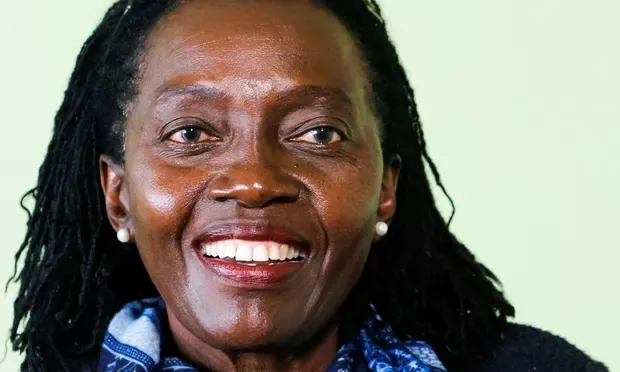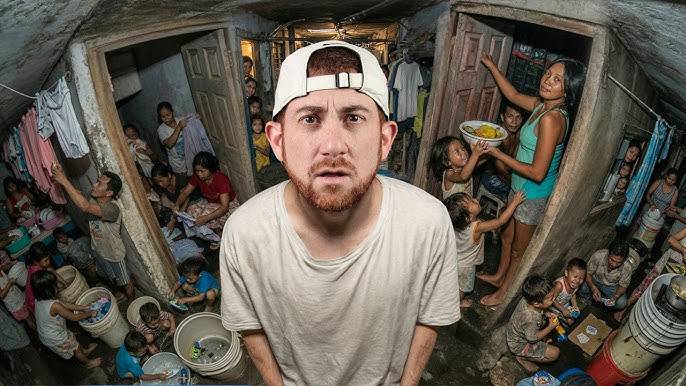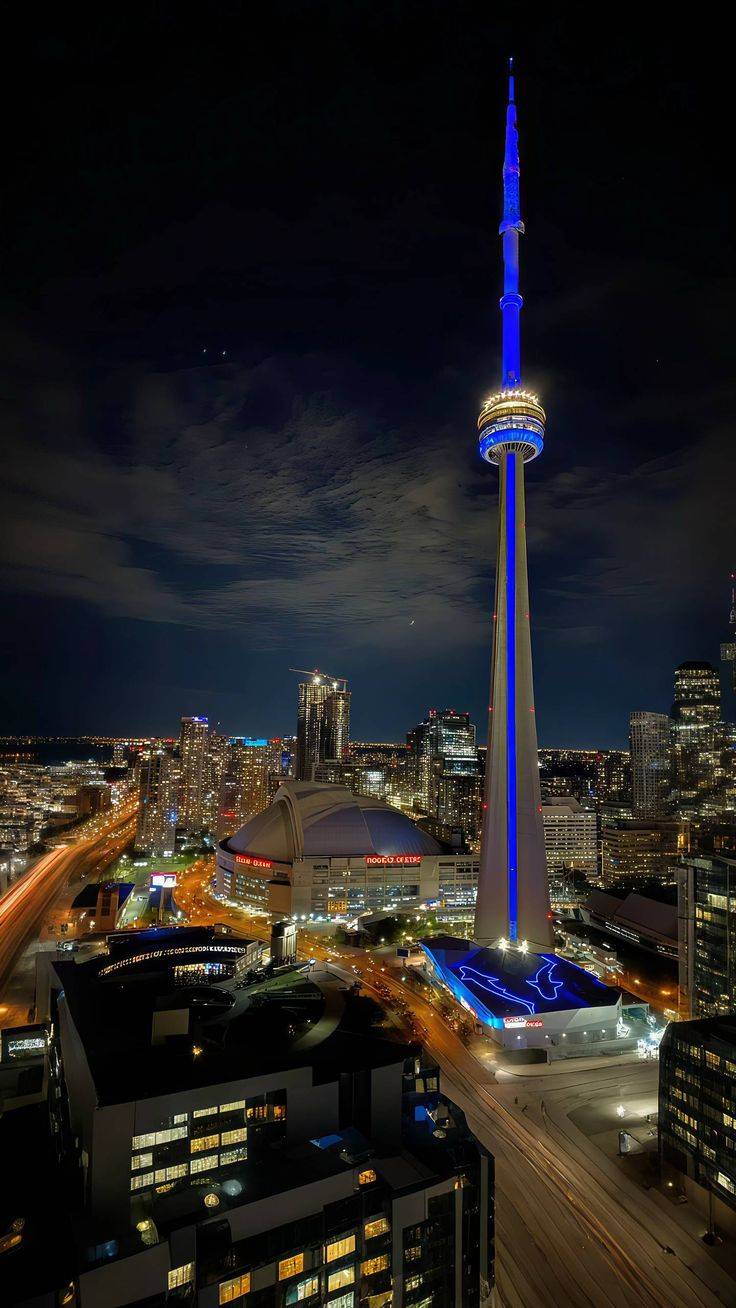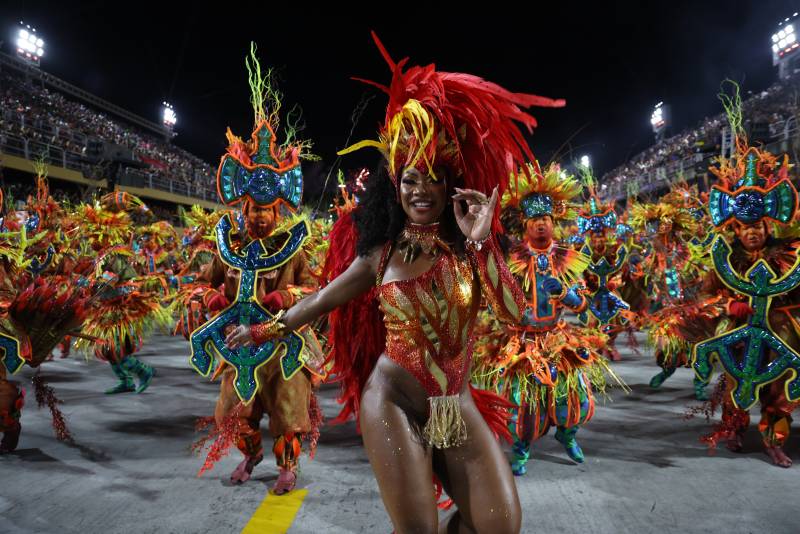Martha Karua may be Kenya's most senior woman, but feminists fear compromises will be imposed on her.
The Kenyan media are calling it the “Karua wave”, as the woman hoping to be the country’s first female deputy president energises a jaded political race. A win in Kenya’s 9 August elections would make Martha Karua the highest-ranking woman in the country’s history.
Karua has had a long career on the edges of political power before being nominated in May as a running mate by her former longtime opposition leader, Raila Odinga. She was a key figure in the push for multiparty democracy through the 1980s and 1990s, and defended human rights activists during the dictatorial regime of the former president Daniel Arap Moi, known for its brutal crackdowns on dissent.
The 64-year-old resigned from her role as justice minister in 2009, citing frustrations in her efforts to bring about judicial reform after the government appointed judges without her knowledge.
Read Also: Nigeria's BBC: Between reporting and the spread of terrorism
Analysts say her nomination breathed new life into the campaign of Odinga’s Azimio la Umoja political alliance, sparking new enthusiasm among Kenyans looking for change. “There was a very ambivalent middle class looking at all the candidates, feeling like there was no one they could identify with. That base was definitely stirred up when Martha joined the race,” says Joy Masinde, a political analyst. “It energised a group of urban women that were not very invested in the political process.”
Masinde says Karua’s candidacy has pulled in some votes for Odinga, who is ahead of his main rival, William Ruto, in the polls, and believes the nomination heralds a trend.
“People are now seeing the benefit of bringing a different gender on to a ticket,” says Masinde. “You can hear the nostalgia when people say Mama na Baba [mother and father] – it’s like a nuclear family, it feels safe.
“Even in the campaign rhetoric, now you hear the references that ‘when a woman is there, the youth issues are taken care of, the gender issues are taken care of’,” she adds.
But such narratives do not always work when female politicians go it alone. Karua ran for the presidency nine years ago but won less than 1% of the vote. She took a break from politics shortly after.
Her new allies are unexpected: Odinga, whom she accused of ethnic cleansing after Kenya’s 2007 post-election violence, and the outgoing president Uhuru Kenyatta, whom she accused of failing to tackle corruption.
Some consider such partnerships to be a necessary evil. “When she tried to stand on her values and track record in 2013, she didn’t gain much traction,” says Catherine Amayi, a Kenyan feminist. “With the state backing and visibility she has now, she’s gained a lot more ground with voters.”
While Karua has strong support from urban and educated Kenyans, analysts say that her opponent, Rigathi Gachagua, may have more support in the Mount Kenya region, a highly influential voter base where they both come from.
“In the urban setting, there’s definitely a Martha wave but when you go back to the countryside, you find that is not so much so,” says Masinde, who adds that sexist attitudes towards leadership still hold sway, making Gachagua a preferred candidate.
Kenyatta, who supports the Odinga-Karua bid, also holds significant influence in the region.
Karua, who was elected in 1992, was one of the first women to become an MP in Kenya, and has held the position for two decades in a country where only 23% of parliamentarians are women. While the constitution requires that no more than two-thirds of MPs should be men, the supreme court ruled that this did not require immediate implementation.
The courts took a stronger stand in 2020, when the chief justice advised Kenyatta to dissolve parliament for failing to implement gender equality.
“Karua’s appointment is coming on the backdrop of the clamour of inclusion. The two-thirds gender rule has never been actualised, so women have really been agitating for their space in politics,” says Masinde.
Women’s groups say a Karua win could resonate beyond Kenya’s borders. “The rates of women in leadership across Africa are still dismal,” says Eunice Musiime, of the feminist organisation Akina Mama wa Afrika. Only 10% or so of vice-presidential positions in Africa are held by women, with only two female presidents and five as prime ministers.
Karua’s human rights record has won her plaudits from civil society organisations. She was recently involved in the Linda Katiba Movement, a citizens’ initiative to protect the constitution from government-led changes that benefited the political elite.
Boniface Mwangi, an outspoken campaigner for clean politics in Kenya, says: “She gives me hope that when she’s in government, at least we will obey the constitution. That as a human rights defender, I wouldn’t have to live in exile or be afraid that, if I protest, I’m going to get shot.”
Mwangi admires her anti-corruption stance. “Karua is transparent about her wealth and how she earned it,” he says.
Karua has a net worth of 150m Kenyan shillings (£1m) and is widely considered to be one of the few high-ranking politicians with a clean track record. Gachagua, who is believed to be worth KES800m, has faced corruption allegations over his wealth, which he denies.
Wanjiru Gikonyo, from the Institute of Social Accountability, says there is a huge task ahead: “She will be just one person fighting against a country and administration that is used to conducting business in a certain way.
“We are under no illusions,” Gikonyo says. “She would be trying to turn a ship that’s veered off very badly.”
Kenya faces many pressing issues, including a cost-of-living crisis and soaring public debt. Musiime wonders whether Karua risks having her track record overshadowed by that of Odinga and Kenyatta. “The expectation is that she’s going to be transformative, and not only advance gender justice but also social justice. But because she’s not at the top, she’s also subjected to the current systems at play. Structural and systemic issues remain hard to break through.”
With strong political backing, the odds are in Karua’s favour. But observers say she has already had to tweak her image – losing some of her trademark appeal. Some feminists say that there’s been a noticeable shift in public image from “Iron Lady” to “Mama” – mother of the nation.
“It’s like the Martha we knew – the firebrand politician, the fierce Iron Lady – had to be cut down to size,” says Amayi. “She is being presented as unthreatening to a man – to appeal to voters who have internalised sexist ideas on what a woman should be.
“It’s like a warning against women and feminists that if you want to pursue this route, then you have to subscribe to this brand of politics.”
Musiime agrees, questioning Karua’s repeated references to Odinga as her “captain” in last week’s vice-presidential debate. “It makes you wonder what sort of conversations were had in bringing her onboard,” she says.
But she believes Karua may only be doing what she needs to amid heavily imbalanced power dynamics. “It’s coming from a space of understanding that this is the reality – this is a system we are working with and it’s going to take something to change that.”




